Gene Therapy and Pharmacokinetics
Camargo
JULY 27, 2021
Gene therapy is a new therapeutic approach in which genes are used to treat or prevent diseases. It is a comprehensive term which encompasses a large variety of therapy products including viral and bacterial vectors, plasmid DNA, human gene editing technology, and patient-specific cellular gene therapy.

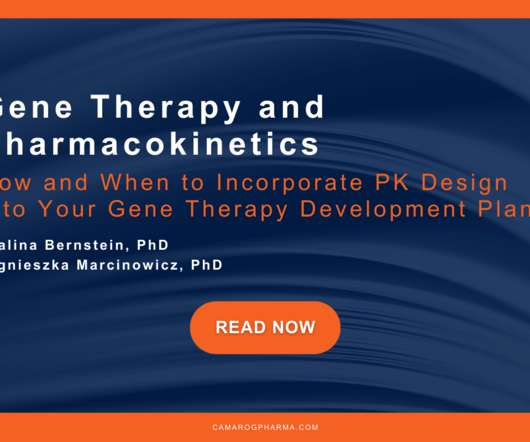
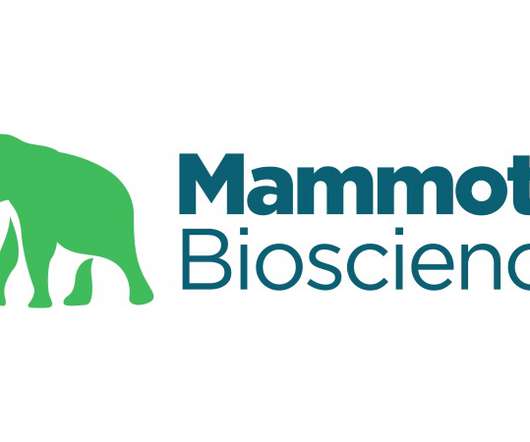
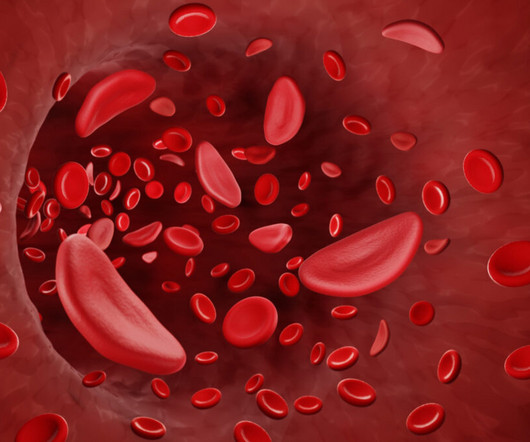
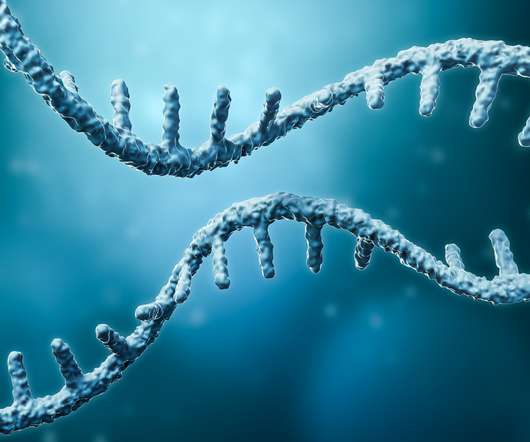

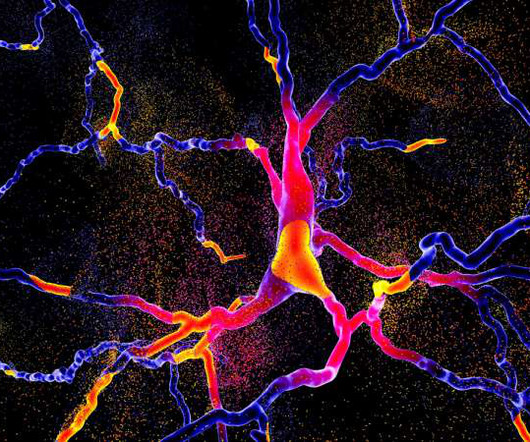







Let's personalize your content